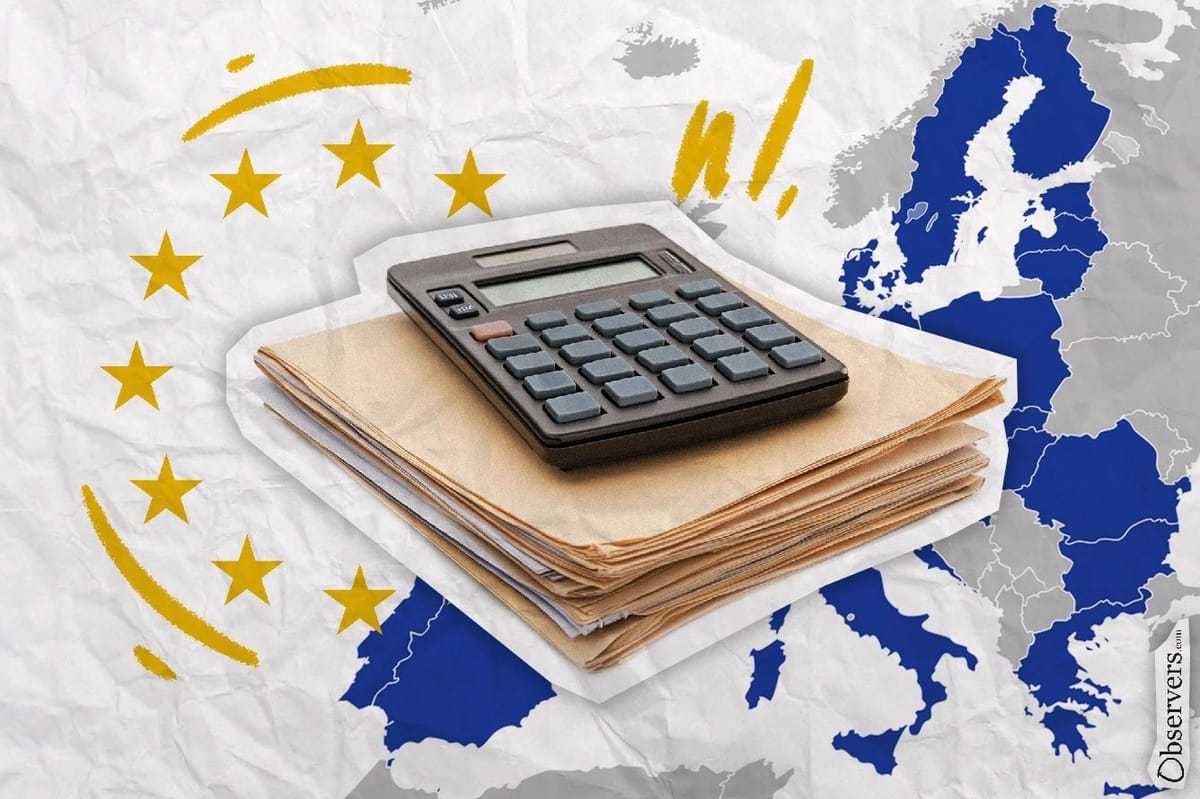
A year ago, the Council of the European Union adopted the DAC8 Directive, requiring crypto service providers to report transactions to national tax authorities by 2026. DAC8 integrates crypto assets into the EU's Common Reporting Standard (CRS) to prevent tax evasion and streamline data sharing across member states.
It complements the broader Markets in Crypto-Assets (MiCA) regulation, effective in 2024. This regulation standardizes licensing and reporting requirements for crypto asset providers and mandates environmental disclosures for large providers with over 15 million active EU users.
Denmark and Italy Spearhead Higher Taxation
Denmark has unveiled plans to become the first nation to impose annual taxation on paper profits from digital assets. The proposed framework would require cryptocurrency holders to pay a 42% levy on value increases even before selling their holdings. This marks a significant departure from traditional "buy-and-sell" taxation models and mirrors Denmark's treatment of specific financial derivatives.
Market observers note potential challenges with the Danish proposal, particularly regarding investor liquidity. Since taxes would be due regardless of whether investors convert their holdings to cash, sudden market downturns could create payment difficulties. To address these concerns, Danish authorities are considering protective measures, including provisions for retroactive adjustments if values decline after tax assessment.
"This provides a simpler taxation model, placing crypto on par with other financial contracts," Danish Tax Minister Rasmus Stoklund commented. The proposed law, pending debate in the Danish Parliament in 2025, is set for potential implementation by January 1, 2026.
Italy has also announced and mirrors plans to extract a larger share of cryptocurrency profits. Italian authorities plan to raise capital gains rates from 26% to 42% for gains above €2,000. The measure, part of Italy's 2025 budget strategy, will require expanded reporting obligations through both the "Redditi Persone Fisiche" and 730 tax forms, particularly in sections covering foreign financial activities.
EU Compliance, Data Sharing, and CBDC
The Netherlands has opened a public consultation on new cryptocurrency legislation that would implement the DAC8 Directive. The proposed bill, open for public comment until November 21, would require crypto service providers to share customer data with tax authorities. The legislation would extend data accessibility to non-EU nations participating in the OECD Crypto-Asset Reporting Framework, including the United States, Canada, and Australia.
The European Central Bank (ECB) is also advancing the conversation on cross-border digital finance through a proposal for a unified, Europe-wide blockchain ledger. ECB Director Piero Cipollone recently outlined this vision, emphasizing that a shared ledger could enhance transparency, interoperability, and regulatory cohesion across EU member states. This ledger could support secure decentralized transactions across financial institutions and integrate with central bank digital currencies (CBDCs), ultimately simplifying cross-border digital asset flows and empowering EU oversight. Cipollone's vision aligns with the DAC8 Directive and MiCA’s objectives to establish standardized reporting and compliance structures across Europe’s digital finance landscape.
 Observing moneytech and Web3Rebecca Denton
Observing moneytech and Web3Rebecca Denton
Ireland faces a more urgent timeline as it prepares for the EU's enhanced anti-money laundering framework, effective December 30, 2024. Finance Minister Jack Chambers is spearheading the regulatory update following several high-profile cases of cryptocurrency-related crime. The new framework will implement a €10,000 cap on cash transactions and strengthen reporting requirements for crypto exchanges. Ireland's Criminal Assets Bureau has already begun preparing for enhanced oversight, partnering with platforms like Binance to train officers in cryptocurrency investigation techniques.
A Different Approach to Crypto Taxation
In Asia, Hong Kong and Singapore have adopted favorable crypto tax policies to attract innovation and investment. Hong Kong exempts individual crypto holdings from capital gains tax and only taxes assets deemed "trading stock." This approach aligns with its strategy to position itself as a crypto hub. Singapore similarly avoids capital gains taxes for individual investors, with tax applied only to crypto transactions as business income.
Meanwhile, the United States has unveiled plans for stricter oversight of digital assets. Starting in 2025, digital asset brokers and custodians must report transactions to the IRS on Form 1099-DA, including customer transaction proceeds and cost basis. The measure, part of the Infrastructure Investment and Jobs Act, treats crypto as property, applying capital gains tax on each taxable event. Short-term gains face regular income rates, while long-term holdings receive preferential treatment. Mining and staking rewards are taxable upon receipt, with transactions exceeding $10,000 requiring Treasury notification under the Bank Secrecy Act.
The regulatory map seems clear: Europe wants control, Asia wants business, and the U.S. aims to track everything while keeping its traditional tax structure. Money and innovation will flow accordingly.

